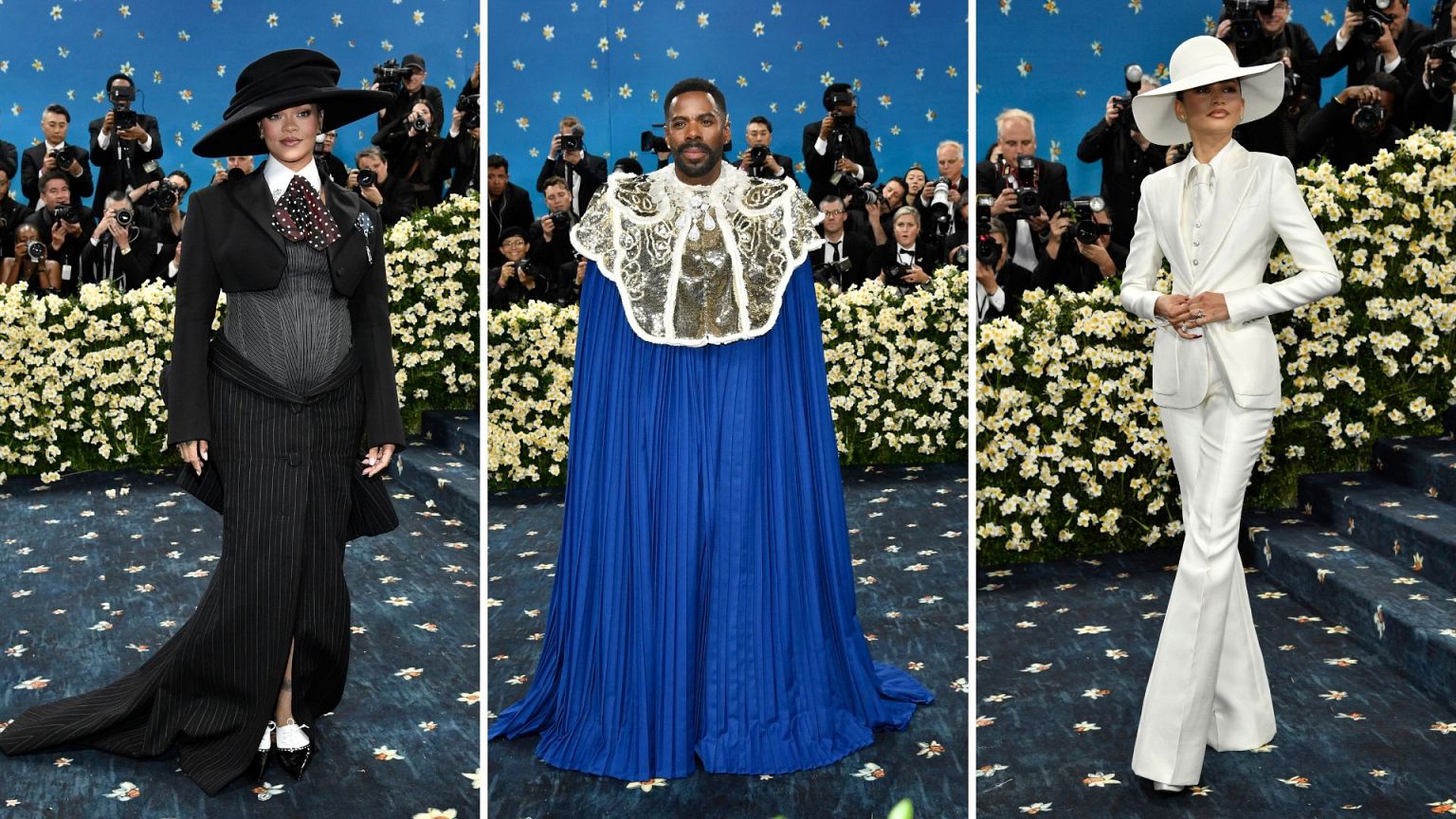Mechanisms Enthrall a South Korean Watchmaker
SEOUL — Kwanghun Hyun’s watchmaking studio, tucked away on a winding residential street in the quiet Yongsan-gu neighborhood, has all the usual machinery and tools. But it also houses his handmade clocks and automatons, perched on the shelves and hanging on the walls, either ticking along or waiting to be wound to join the party of passing time.
For Mr. Hyun, 41, they are all part of his journey as a watchmaker, rooted in his fascination with motion that began when he started studying metal arts more than 20 years ago. Now he constantly revisits the elements of his four mechanical watch models as well as the works in his dozen clock models, including a table clock with swirling legs in the shape of an upturned mustache; a pinhole camera repurposed to hold the mechanism of a clock; and several automatons, like a Pegasus with flapping wings.
“I’ve always been fascinated by the mechanics of it all, and I want to teach people what makes all of this happen,” Mr. Hyun said. “I want them to be as excited as I am about the mechanisms, whether it’s a watch, a clock or an automaton.”
Born on Jeju Island, a province off the southern coast, Mr. Hyun graduated from high school there before moving to Seoul to attend Hongik University, where he earned a bachelor’s degree in metal art and design in 2007 after doing his compulsory two-year military service. He then worked for a year, but decided to continue his schooling, enrolling in graduate school at the same university in 2008.
He became fascinated with photography — it turned out to be the subject of his master’s thesis — and particularly the history of early cameras and how they used light. While working on his master’s, Mr. Hyun decided that a timing device would be the best way to make a pinhole camera automatically capture the light needed to create an image.
“The picture changes depending on exposure time, and I wanted to add the mechanism of the watches as a timer rather than constantly monitoring it,” he explained. “That’s why I started studying watches. What I discovered was a whole world inside the watch that fascinated me as much as the camera.”
Timely News and Features About Watches
In 2012, the same year that he earned his master’s degree and began a business selling cameras, he ordered some basic watch movements from the ETA factory in Switzerland and found that the ETA 6497 model worked well with a pinhole camera. After that success, he decided that he wanted to make his own watches: designing, making and assembling the parts, including the dials, the hands, the click springs and the bridges, but buying the movements. Along the way, he branched out into clocks and then to automatons.
“I started creating clocks and automatons because people didn’t really want to know the intricacies of a watch or a camera when I started showing at art fairs around South Korea and trying to sell my products,” Mr. Hyun said. “I was trying to catch people’s attention with watches and cameras. It wasn’t really working. But clocks and automatons are a very different story.”
He has designed four mechanical watches over the last 10 years, starting with the rectangular MMM1 in 2012 (which he no longer makes). Then came the Cal.33 Night Sky and Cal.33 Desert in 2016 and the Cal.33 Skeleton in 2018.
A variation, the Cal.33 Skeleton2, was meant to be a wedding gift for a friend (with a second one for the bride) so Mr. Hyun worked in a brass part so he could engrave their names and wedding date.
The following year, he and several other artisans were profiled in a South Korean television show, and he suddenly found himself with 10 orders for the Skeleton2 (most of his clients previously had come through Instagram or email orders). He has delivered seven of them, each priced at $4,500 Most of those clients, all of whom are South Korean, also asked for their names and special dates to be engraved in their watches.
Once the orders are delivered, he said, his next project will be to reimagine the MMM1, but this time he hopes to make almost all of the parts, including the movement.
“I want to create a new version of that watch from the ground up,” he said. “The mechanics are a big theme of my work. This is very important to me, to return to where I started.”
All of his watches, which are manually wound, use the ET6498 movement, by ETA, and all of the Cal.33 models feature a brass dial plated with silver in a 42-millimeter case. The hands are steel and finished with the flame bluing process.
His dozen or so automatons, all fully his own invention and begun in 2019 as part of his doctoral work, include a gloved hand that scribbles, a bird that moves its head and chirps and a galloping horse. They are priced at $4,000 to $12,000.
Mr. Hyun said he was inspired by the Swiss watch brand Jaquet Droz, known for its rich history of clocks, watches and automatons dating to the 18th century. (Its automatons include “The Writer,” a 240-year-old programmable writing doll made of 6,000 parts that has been called an ancestor to the modern computer.)
“In wristwatches, how mechanisms move is like a machine,” he said. “But in automatons I am making the movements of animals, which people understand more. Movement in nature is so powerful.”
EunKyong Lee, editor and publisher of Montres Magazine, based in Seoul, wrote in an email that Mr. Hyun “is a pioneering watchmaker who mastered the technology on his own in Korea, where the watchmaking industry is almost nonexistent.”
“He is not just a simple watch maker developing and assembling his own pieces,” Ms. Lee added, “but also a true artist who creates cameras and table clocks with different technologies.”
Mr. Hyun, who is married with two children, ages 10 and 8, also teaches metal crafts part time at three universities around Seoul, emphasizing not only the beauty of metal arts but, on occasion, the allure of mechanics.
“In the past, if your radio broke, you tried to understand the basics in order to fix it,” he said. “But now technology is so complicated that people give up on trying to understand the mechanics of it. But I want to show how technology is not alienating. It can be incredibly beautiful.”







